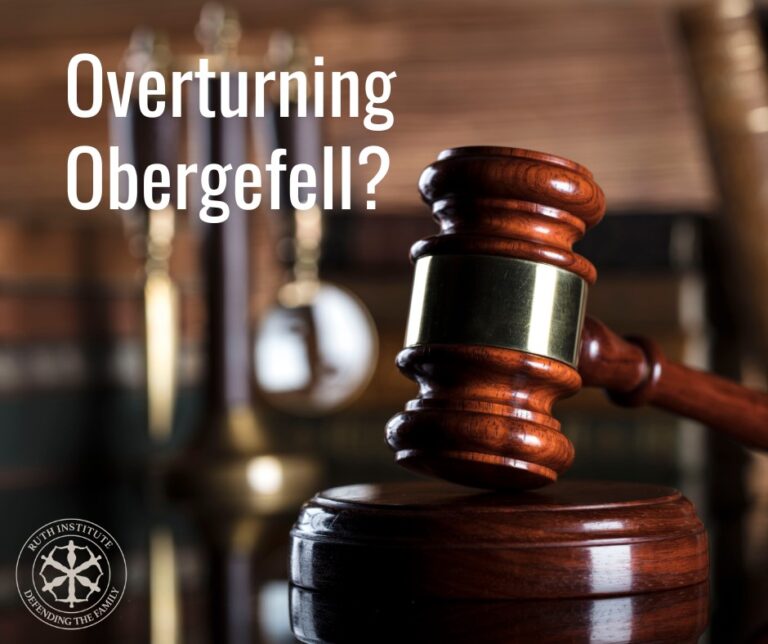I received this question from a reader: I know I am a survivor. As a 1980s teenager, I engaged in punk, drugs, and sex, but always felt there was something wrong. I have been married twice, have had an abortion, have a blended family, and now my eldest says he is transgender and hasn’t spoken to me in over a year. My second husband and father of my youngest children has a serious drinking problem. I just cannot bring myself to divorce, but life is so messy. I have serious survivor fatigue. What can I do to bring healing to our fragile family? I returned to the Church in 2008 and am really the only family member in an active relationship with the Lord. It feels as if certain things can’t be healed. What can I do?
A comment I hear frequently from survivors and loved ones is, “I feel like I have nothing left to give.” Obviously, I don’t know all the details of this reader’s situation, but it certainly sounds as if she is running on empty. She might be feeling as if she has nothing left to give. The very task of surviving from physical, emotional, and spiritual traumas is very difficult. Survivors use a lot of energy up just to function as normally as possible every single day. As a result, we feel emotional and physical fatigue. Caring for others (as this reader is) who are dealing with other issues adds to the fatigue. Any of this can lead to survivor burnout.
What is survivor burnout?
In short, burnout goes beyond feeling stressed. When someone reaches a point of feeling burned out, they are usually feeling overwhelmed, completely drained, and frustrated because there are just only so many demands one person can meet. After a while, they start to feel helpless and even hopeless. They are mentally and physically exhausted. Life as a whole seems like a daunting task and each new day is met with anxiety and an increasing sense of dread.
When living with trauma, a survivor starts running on adrenaline and, once that dies down, they are left feeling as if they are completely out of gas. Essentially, when they are living in “fight or flight mode,” meaning that they are in a constant state of alertness. One can only live in a constant adrenaline rush for so long until the stress starts to drain them.
Symptoms of survivor burnout
If you think you might be dealing with survivor burnout, you should talk to your doctor or a trusted mental health professional. They might have some suggestions for how you can cope with it! Here are just some symptoms of survivor burnout:
Difficulty concentrating
Moodiness
Little to no motivation to perform day to day tasks
Unexplained physical symptoms (increased illness, headaches, stomach issues, dizziness, chronic illnesses, etc).
Feeling frequently tired
Feelings of helplessness and hopelessness
Feeling alone
Isolating yourself from others
Using food, drugs, alcohol, or other unhealthy things to try to cope
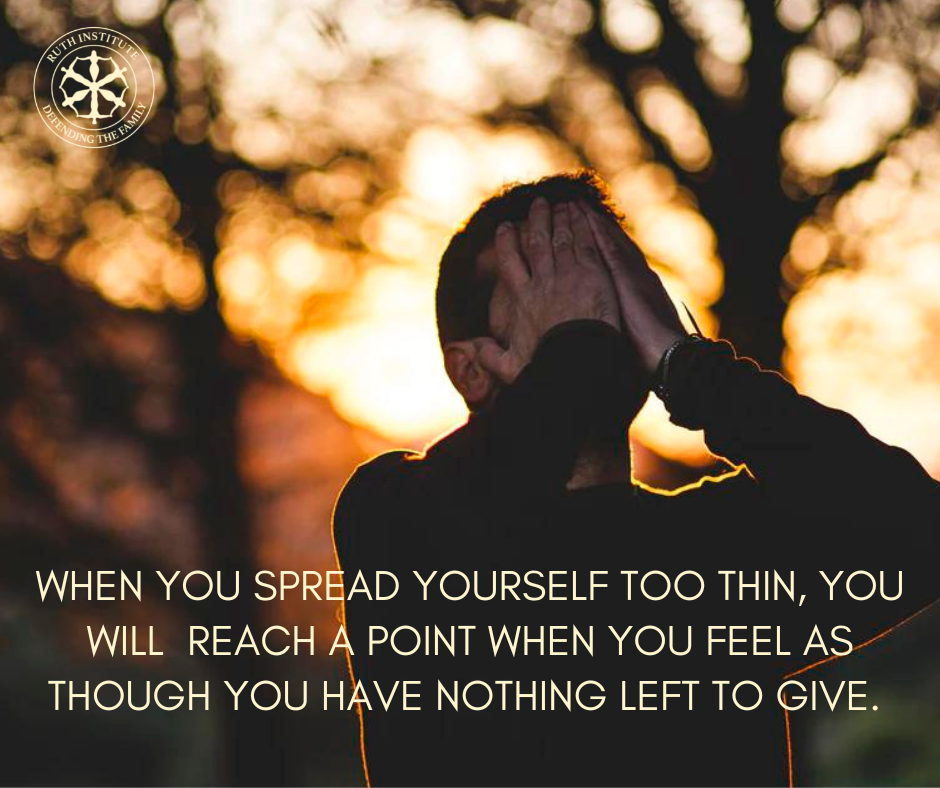
How does one cope with survivor burnout?
As previously mentioned, if you are struggling with survivor burnout, you should consider speaking with a professional. Based on what I have experienced and on what others have shared with me, here are some of my recommendations:
Pray and make your faith a part of the healing process.
My reader mentioned that she is the only one practicing her faith. Your faith can play such a wonderfully powerful role in your healing and in the healing of those around you. Even if no one else around you is participating, keep doing it. For a person of faith, prayer is of vital importance. Your faith can be so powerfully healing! Give all the broken pieces to God and allow Him to help you on your journey. Put your loved ones who you are concerned about into His hands. It’s a very powerful thing!
Allow God to strengthen you. You have to allow God to strengthen you before you can think about helping everyone else especially when you have so much in your plate. Anyone coping with survivor burnout is essentially running on empty. They won’t be able to as effectively address all the other issues they are dealing with unless they are caring for themselves as well. This is not selfish. Anyone in this situation needs all the grace, patience, and wisdom they can get in order to be able to deal with the very complex issues they are being faced with.
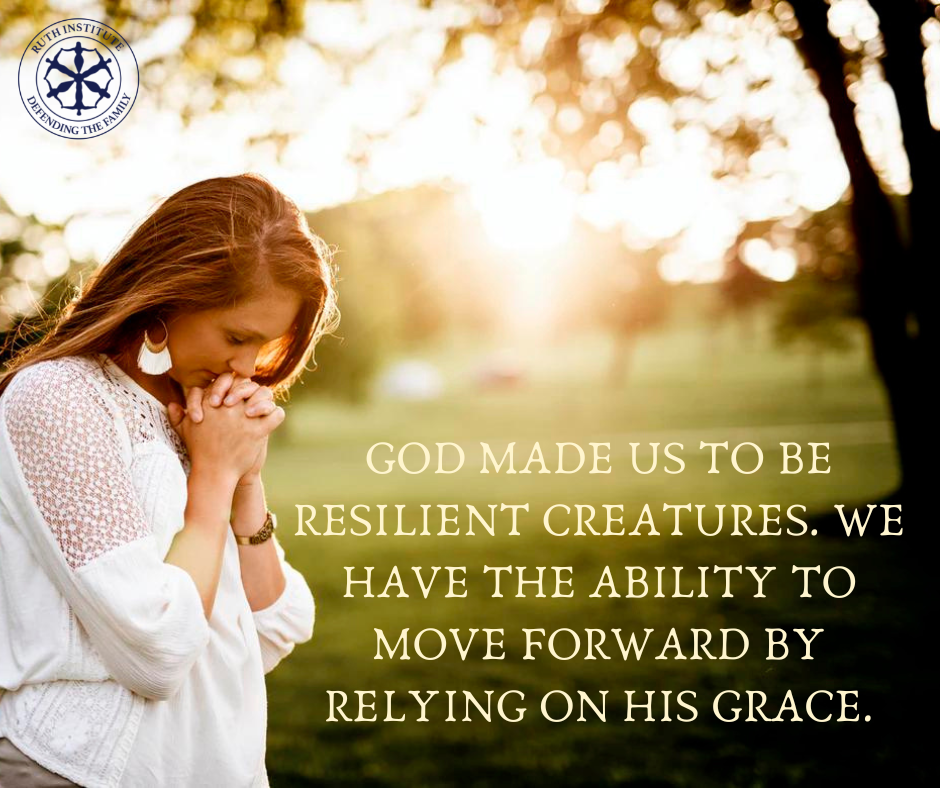
Practice proper self-care.
This means caring for yourself as a whole in mind, body, and spirit. We are physical and spiritual beings. When one part of us suffers, all of the parts suffer. Be especially mindful of what you are allowing into your body and into your mind through technology and media. Do your best to get good rest, eat enough good, healthy foods, drink enough water, and stay active through exercise.
Reevaluate.
When you find yourself contending with survivor burnout, it’s time to slow down and figure out what your priorities are. What is truly important to you? What can be let go?
Set healthy boundaries.
When you are feeling burnt out, you shouldn’t be taking on additional, unnecessary projects/commitments. You need to figure out what/who you are most committed to. It really is okay to say “no!”
For more information on learning to say no, you might find this article helpful: Midweek Motivation: Learning to Say No – Ruth Institute
Get the help you need.
Whether you are caring for yourself or a loved one, you might need help from a reputable mental health professional. Emotional and/or spiritual help might be necessary. A good mental health counselor and/or a spiritual counselor can be extremely beneficial.
Set small goals and focus on doing one thing at a time.
Things aren’t going to change overnight. It’s going to take time to figure out what things you can do and focus on them.
Get together a good support system.
Seek out a support group (if that’s the sort of thing you find helpful) or find one or two people you can rely on for help. Connect with a person(s) or groups that are meaningful to you in some way.
Hold onto hope.
No matter how bleak situations might seem, and no matter how fatigued your spirit feels, there is always hope! Never let go of that hope.
Accept that you alone cannot do it all.
You cannot be anyone’s savior so take that demand off yourself. You can love, support, pray for, and set a good example for others. That’s it. You are not responsible for the choices others make. This includes children who have chosen to go down less than ideal paths. You can still reach out to your loved ones, even to those you disagree with. Having a relationship with someone doesn’t mean you have to like every part of their life. It really is okay to love someone but not support all of their lifestyle choices.
Get away from abuse.
While I am not trying to suggest that my reader’s husband is abusive based on the fact that he has a drinking problem, I do feel I need to mention that alcoholism (and other substance abuse) can sometimes lead to abuse. No one should never feel that they have to stay in an abusive situation, nor should anyone feel forced to “put up with” harmful behaviors. Keep in mind that you alone cannot change someone. They have to choose to change.
If at any point someone in your life becomes abusive or if their harmful behaviors are negatively impacting you, it really is okay to get out of that situation. This could be a temporary separation, or it could become permanent depending on what happens. In some cases, staying with someone who is engaging in harmful behaviors could be enabling for their negative behaviors rather than helpful. If anything, leaving just might be enough to encourage that person to rethink their behavior and seek out help.
You also might find my book helpful. Glimmers of Grace is a devotional intended for survivors of sexual abuse. However, it was also written to support loved ones of survivors and can also be used by anyone coping with trauma. In parts of the book, I have included little tips and practical advice for coping with trauma so that readers can cope better.
You can find out more about Glimmers of Grace here
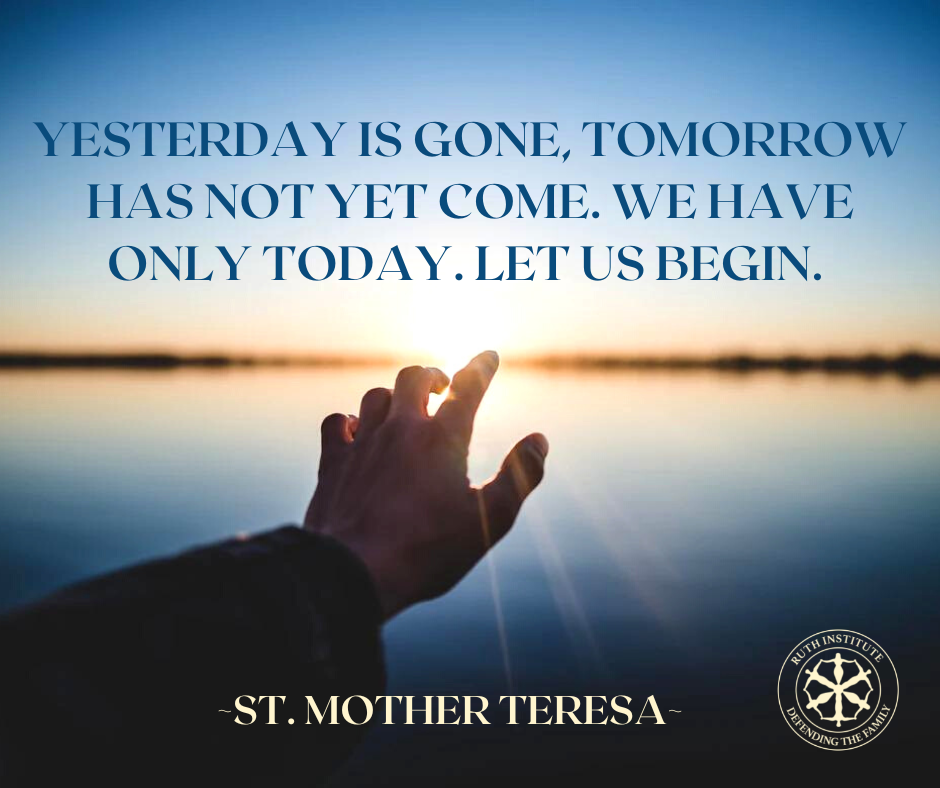
Survivor burnout is real and there are several things that can help relieve the weight of the crosses you bear. However, when it comes to helping others bear their crosses, ultimately people need to be willing to put in the work. True and lasting change cannot be forced, nor will your example alone ever be enough. The only one who can truly save someone is God so long as the individual cooperates with His grace.
In closing, survivor burnout is real and it’s tough to contend with. Just as healing doesn’t happen overnight, neither does coming out of burnout. Make your faith a central part of your life, hold into hope, and focus on taking things one day, one moment at a time. You are not alone! God made us to be resilient creatures. We have the ability to rely on Him and His grace and move forward. You will get through this!
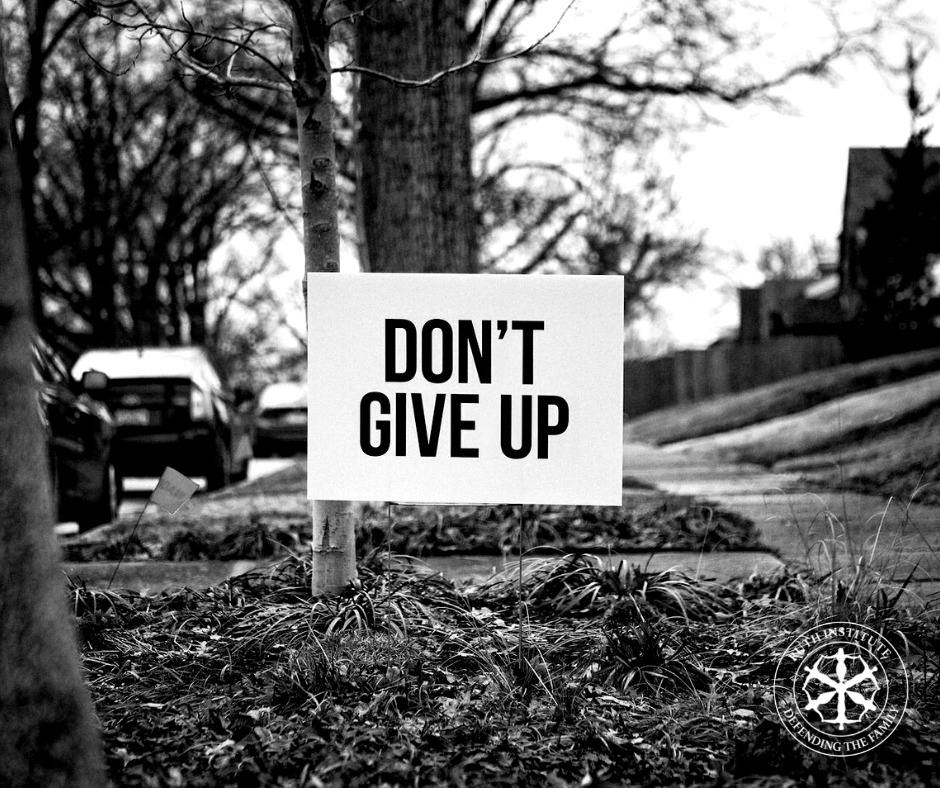
Do you have a question about victimization and/or healing? Email me at AskASurvivor@ruthinstitute.org. Your name and personal information will never be used in my public responses.


